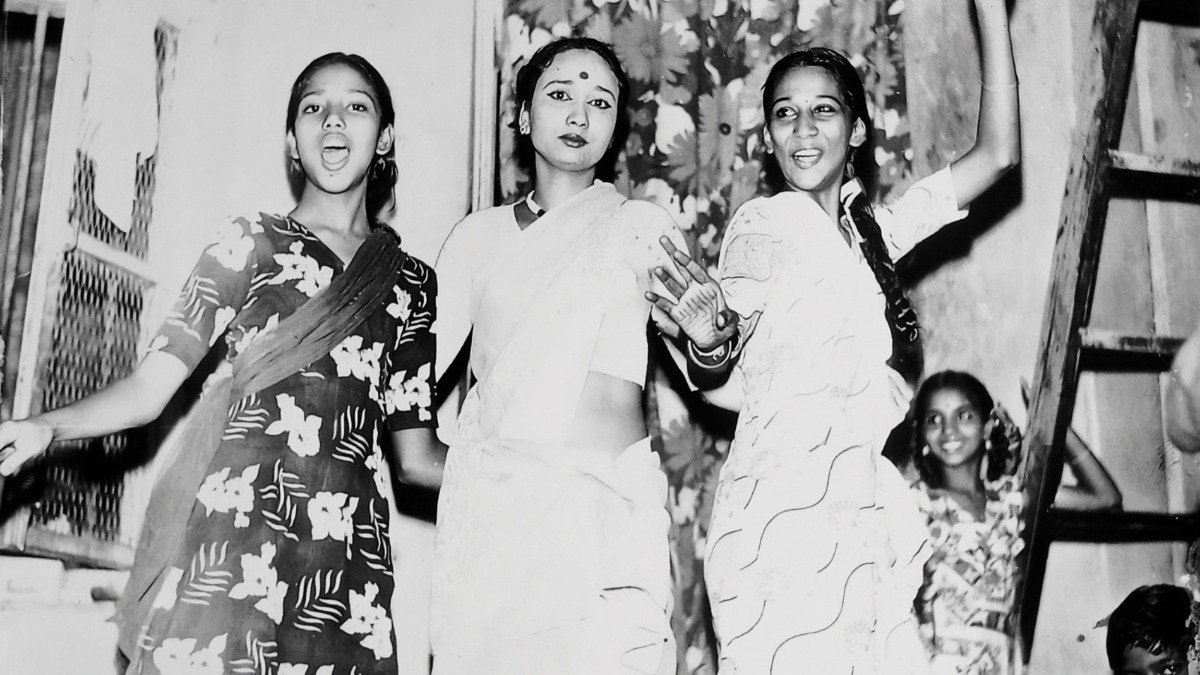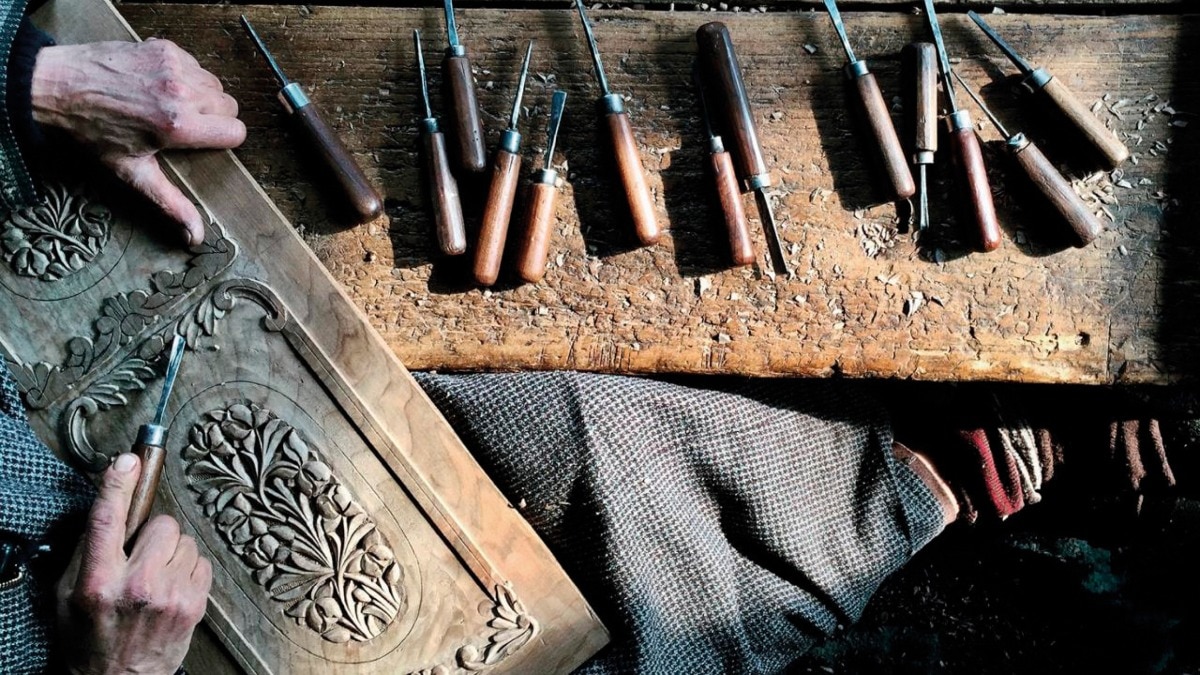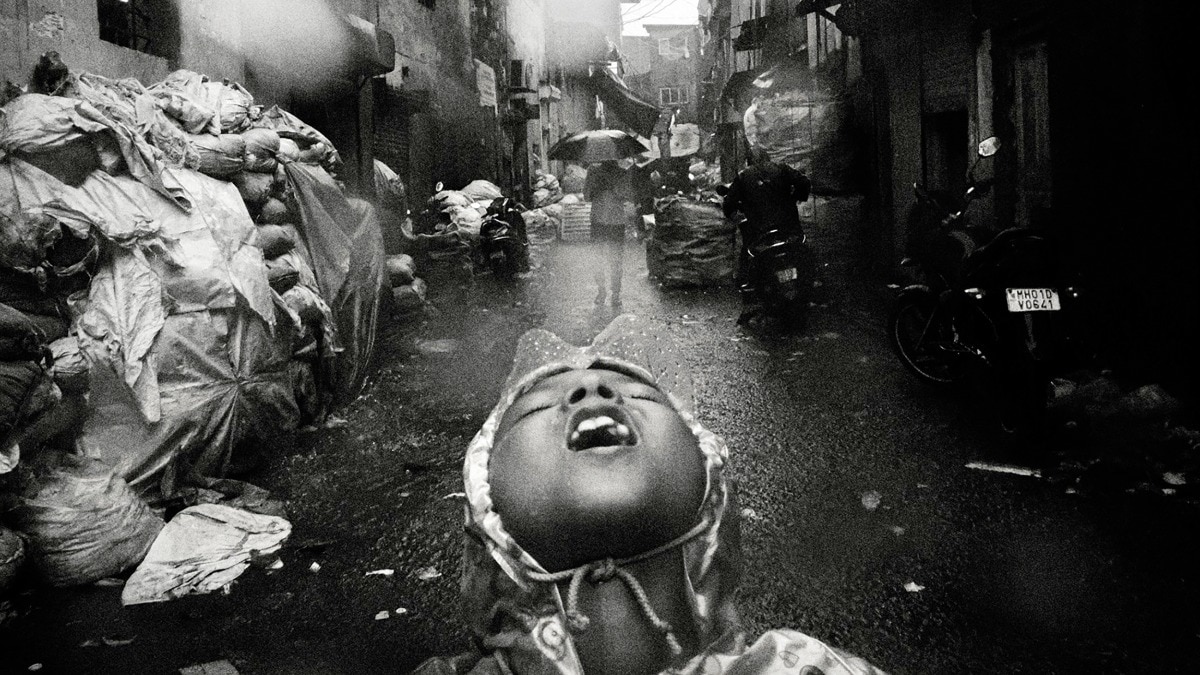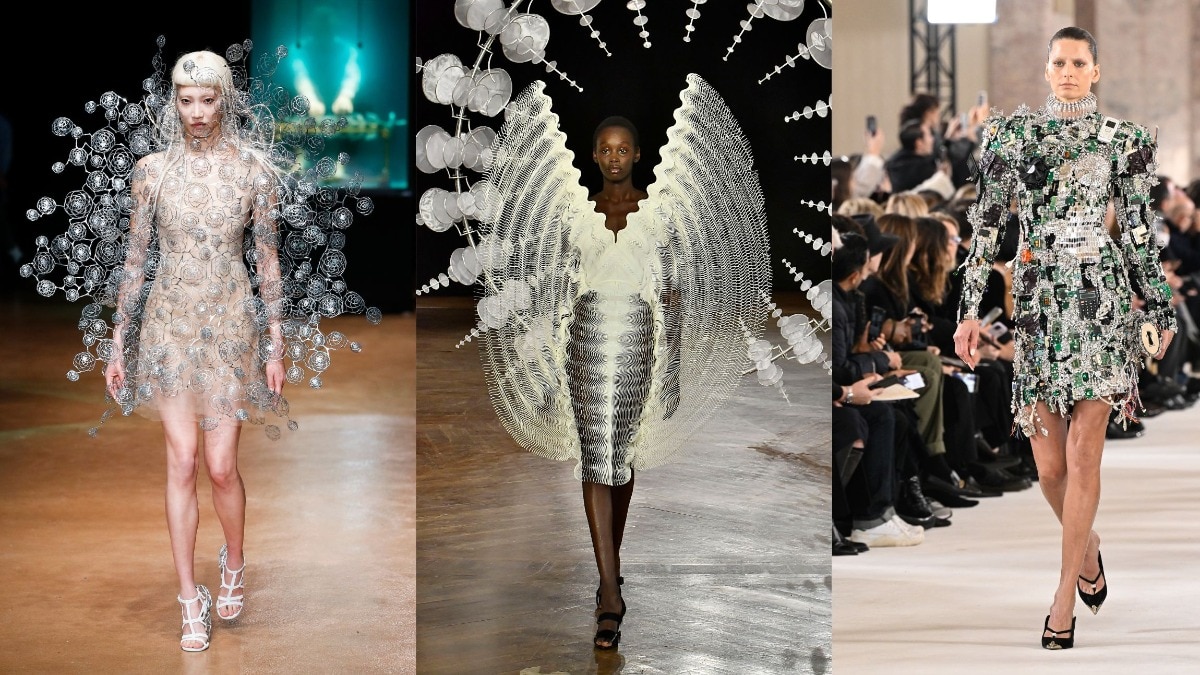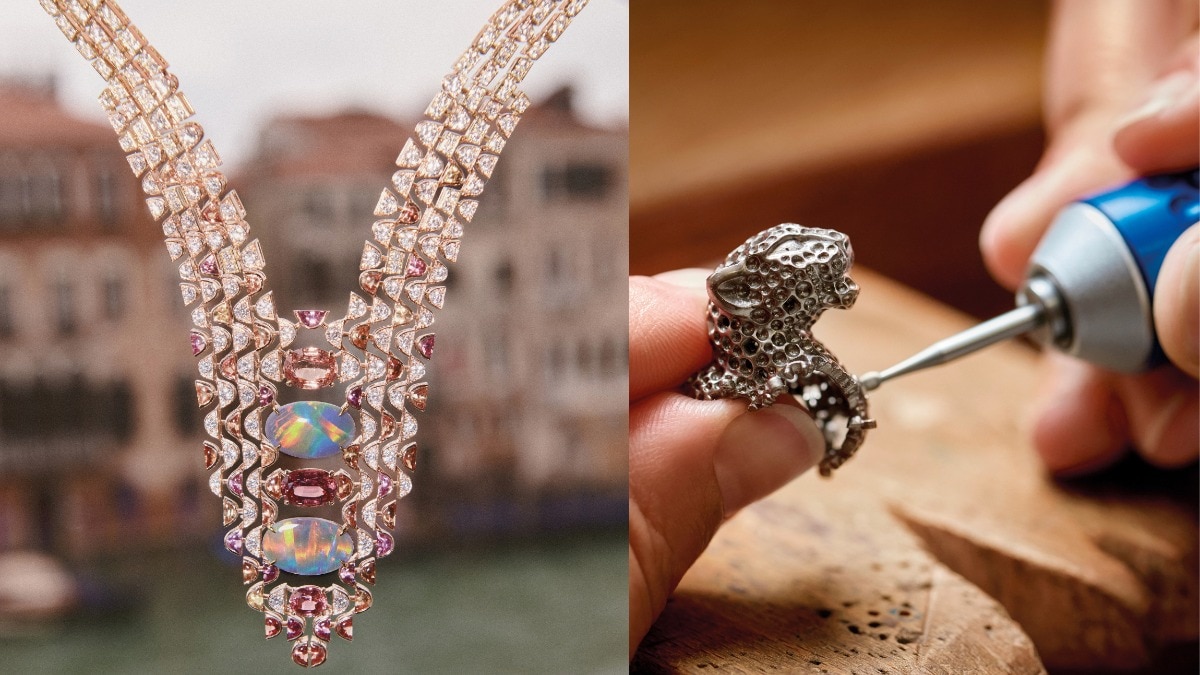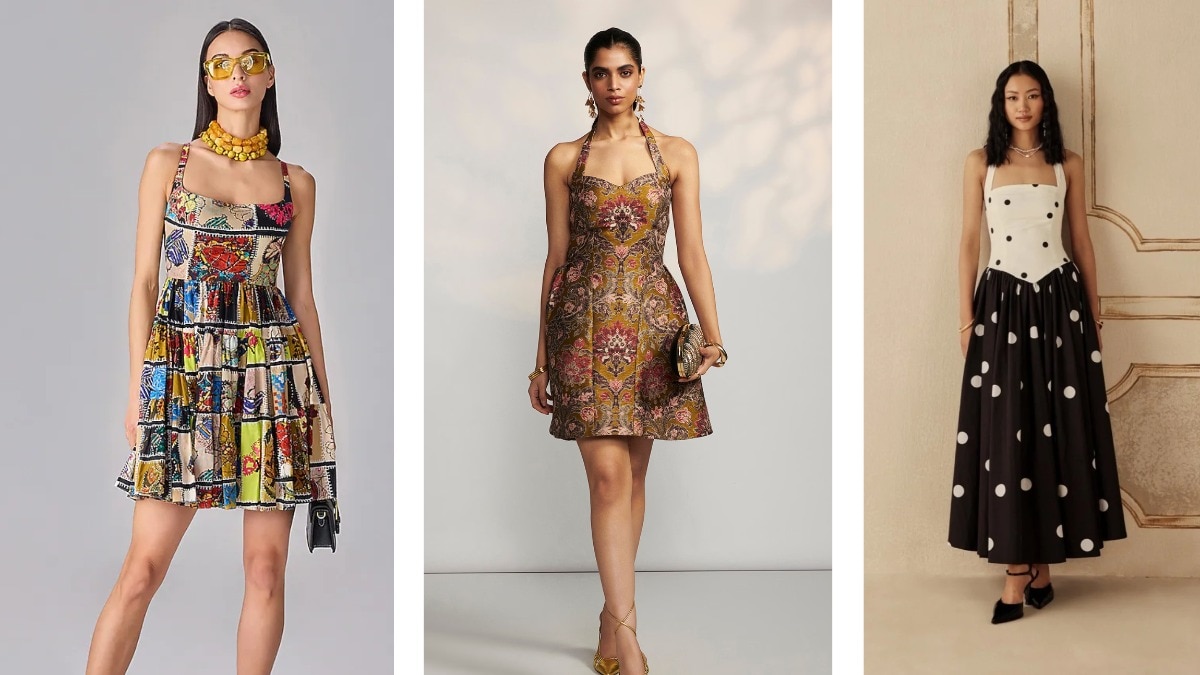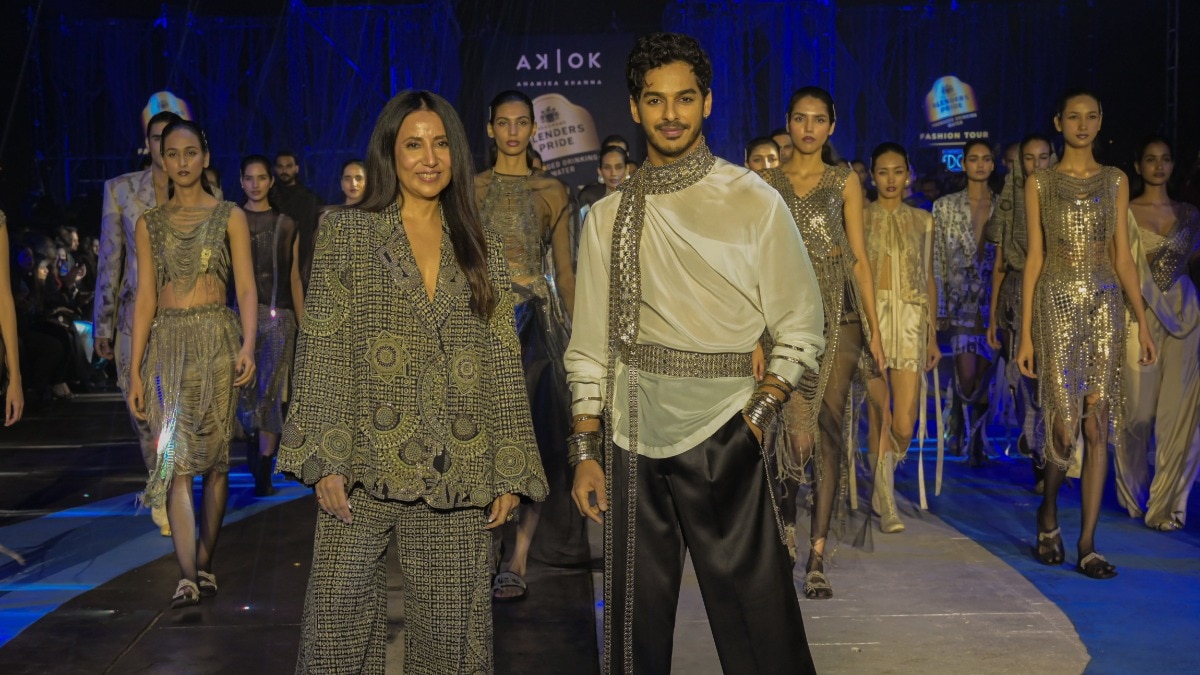Remarkable women from the past we need to remember
The bestselling author looks back on the trailblazers that time forgot.


I went to a 2,000-strong girls' comprehensive school in Sussex in the 1970s, the result of a recent merger between the old grammar school and the secondary modern. Leaking taps, the smell of Bunsen burners in the chemistry lab, long corridors, hushed and silent just before the bell rang, a well-stocked library and a pervasive hint of cabbage in the maths classroom after lunch. There were some male teachers, but mostly they were women who were passionate about education for girls.
These were the days of flares, flower power, and Fleetwood Mac but, as I got further up the school, I started to notice how the real world wasn't reflected in what we were taught in history lessons, English lessons, music, RE, politics, anywhere: Dickens, Palmerston, Pope, Henry VIII, Hardy, Shakespeare, kings and generals and popes. It left me with a question—one that, in a way, I've been asking ever since: where were all the women?
All of my fiction writing, both historical and Gothic, has been about telling untold and under-heard women's stories, about putting women back at the heart of things. From 13th-century Carcassonne in Labyrinth, to swashbuckling, gender-shifting female pirates in my next novel, The Ghost Ship, my research has taken me to archives and libraries, museums and bookshops to hunt for details about the lives of real women to inspire my imagined characters. What I've learned over 40 years at the writing coalface as a publisher, a supporter of writers and a novelist and non-fiction writer is that women's absence from the official record comes down to how history is written and who writes it.
So, what is history? Who decides which people deserve to be remembered, lauded (even vilified), and those who will be forgotten? Who decides which documents and reputations to preserve or cherish, and allows others to fade into silence? We know—and, in any case, it's common sense, that for all of human history, women and men have built the world together. But why is it that women's achievements and contributions have been so routinely neglected, overlooked or misattributed? Deliberate neglect? Lack of information? My book Warrior Queens & Quiet Revolutionaries: How Women (Also) Built The World was, in part, a way to answer this question.
The book itself came from a social media campaign launched in January 2021 where I first asked friends, such as Paula Hawkins, Professor Kate Williams, Lee Child, Clare Balding, Madeline Miller—to nominate one woman from history they wanted to celebrate or thought should be better known. Then, I put the same question out on Twitter. Within days, I had thousands of nominations from all over the world—China, Saudi Arabia, Romania, you name it—suggesting plenty of women I already knew, but just as many that I didn’t. And it was encouraging to see that, in these days of divisive leadership and divide-and-rule politics, most people want to celebrate women rather than pull them down.
The Matilda Effect
In science, there is a phenomenon known as the ‘Matilda effect’. This is a phrase coined by American science historian Margaret W Rossiter in 1993 to refer to the deliberate ignoring of the contributions of female scientists within research, as well as the frequent misattributing of their work to male counterparts. Rossiter believes that because few male historians were willing to write about female scientists or their achievements, it meant that even if a woman was visible within her lifetime, her work quickly became invisible after her death. This could be said to hold true in almost every other area of female endeavour, too. It’s obvious, really, that if women are denied the opportunity to tell their own stories in their own voices, then half of our human story will be lost. History matters—it’s not just a case of giving women their dues—because rulers today often use a false view of the past to justify persecution or lack of opportunity in the present.
The great Egyptian feminist Huda Sha’arawi removed her veil at Cairo railway station in 1923, when returning from an International Women’s Suffrage Alliance Conference. Yet 100 years after her brave stand, courageous women in Iran are fighting for the same right to wear what they choose. Or look at the situation in Afghanistan, where the Taliban are trying to erase women from all areas of educational and public life on the grounds that ‘tradition’ requires it. Untrue. But the fact that most people are appalled by what they are witnessing on their television screens is testament to how far things have come. Equality matters; equality of opportunity matters, for our daughters and our sons.
Even when women do appear in the history books, they are often portrayed as oddities. The one woman in a man’s world. But, again, this is pretty misleading. In almost every situation, one brilliant woman was standing shoulder to shoulder with many others around her. So, if everyone’s heard of the brilliant Polish-French scientist Marie Curie (and she was brilliant: the first woman to win any Nobel Prize, the first person and only woman to win a Nobel twice, and the only person to win in the two different fields of physics and chemistry), we should also be celebrating the many other amazing female scientists. Not least the first British woman to win a Nobel Prize in chemistry, Dorothy Crowfoot Hodgkin—who, when she won, had to put up with a Daily Mail headline on 30 October 1964 reading: Oxford Housewife Wins Nobel… Or the English electrical engineer Caroline Haslett, who was one of the founding members and first secretary of the Women’s Engineering Society.

United We Stand
I’m embarking on my first one-woman theatre tour this spring—a new career at the age of 61—taking my book around the UK. I’m nervous, excited, worried about being away from home and standing up in front of an audience every night. But it’s my passion to put back some of the women missing from history and share their stories with as many people as possible. The show will be a celebration of tenacity and stamina and purpose, of commitment and determination from some of the extraordinary women of the past—to better understand the present. Women of faith and conservation, women of courage and conviction, women of medicine and law, engineers and explorers, mothers of invention and pirate commanders, civil rights activists and land campaigners, warrior queens and quiet revolutionaries, athletes, painters, writers, lawyers, all those who transformed the world.
So, to whet your appetite, here are a few more of the trailblazing women in whose mighty footsteps we walk and to whom we owe so much. For example, you might know that the bestselling author of all time is a woman, the Queen of Crime herself, Agatha Christie. But did you know that the first named author in history was also a woman, Enheduanna, who lived in the 23rd century BCE (Before Common Era) in the Sumerian city state of Ur (modern-day Iraq)? Most schoolchildren know the story of Florence Nightingale, the ‘lady with the lamp’ (though not so many know that she was also a brilliant statistician who invented the pie chart), but what about another nursing pioneer, the incredible Mary Seacole, the British-Jamaican superstar who set up her own British hospital during the Crimean War in what is now Ukraine?
When Seacole returned to London, such was her fame that a four-day fundraising gala was held in her honour in 1857. Every woman going through a divorce in the UK, meanwhile, owes a debt to the 19th-century English poet, pamphleteer and campaigner for justice for women under the law Caroline Norton. Her tireless campaigning led to several key pieces of legislation that transformed women’s lives, not least the Married Women’s Property Act in 1870. A final one to make you smile: in the 1880s, presumably after having had enough of clearing up after everyone else, the American inventor and businesswoman Josephine Cochrane left her kitchen in Chicago, went to a shed in her back garden and designed he first automatic dishwashing machine. Her patent was issued on 28 December 1886, and she went on to set up her own manufacturing company. Mrs Cochrane, women of the world salute you!

Over the course of researching and writing the book and preparing for the tour, what I’ve learned is this: that most people, men as well as women, want to celebrate the incredible women in whose footsteps we walk. The show will be fun, with music, anecdotes and stories to make the audience gasp, applaud, laugh and sometimes roar with rage. Most of all, by going around the UK, I hope to hear about all the incredible women who might not be known outside their local communities but who should also be in the history books. In the end, it comes down to this: women and men built the world together. United we stand, divided we fall. Young or old, wherever we come from, whatever we want for our lives, supporting the sisterhood works.
This article first appeared in Good Housekeeping UK in April 2023.

